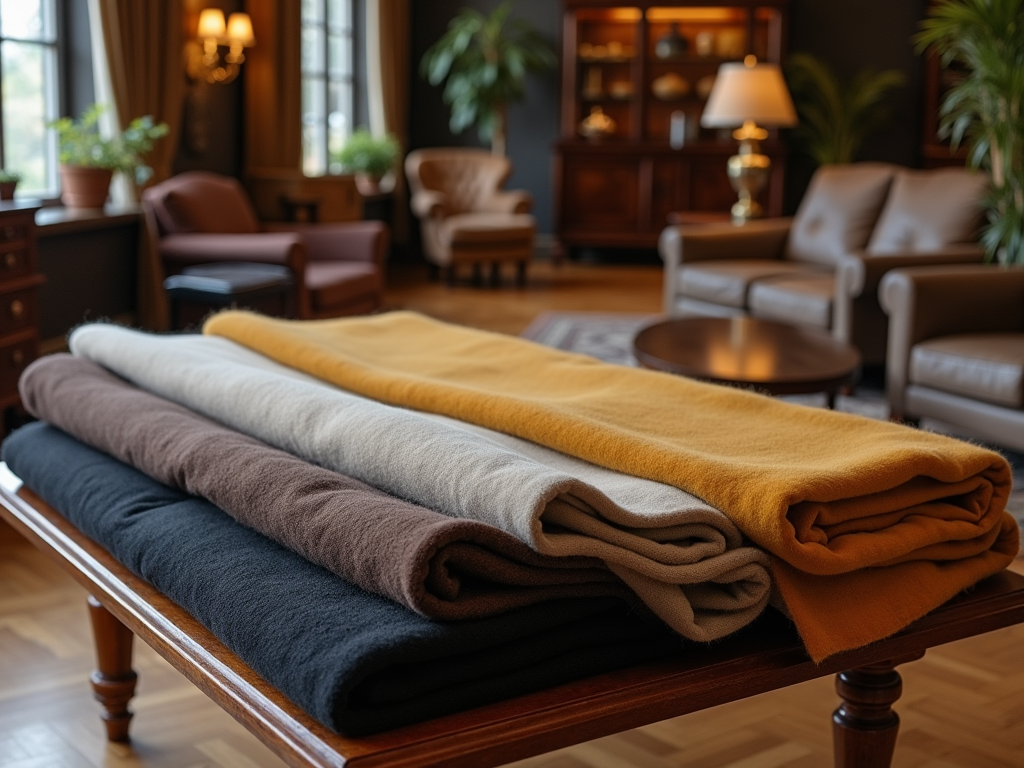
Why Are Tailored Suits So Expensive?
The allure and sophistication of a tailored suit is undeniable. However, many wonder why these bespoke creations come with a hefty price tag. There’s more to it than meets the eye – the cost of a tailored suit is proportional to the quality, craftsmanship, and personalized service involved in its creation. By understanding the intricate processes and factors that contribute to the cost, one can fully appreciate the art of bespoke tailoring.
The Craftsmanship Involved in Tailored Suits

The journey of a tailored suit begins with the craftsperson’s touch, where precision is the name of the game. Unlike off-the-rack suits, tailored suits require a team of experienced artisans who meticulously construct each piece. From hand-stitching the lapels to creating a perfectly balanced shoulder, every component of the suit is crafted to perfection. The artisans invest hours into ensuring each seam and stitch meets the highest standard of quality.
This attention to detail is what sets tailored suits apart. The tailor acts as both an artist and engineer, crafting a garment that not only looks sophisticated but fits flawlessly. This level of detail requires significant time and expertise, which is reflected in the price of the final product.
The Quality of Materials

Another significant factor contributing to the cost of tailored suits is the quality of materials used. A bespoke suit is often made from luxurious fabrics such as Italian wool, cashmere, and silk blends. These materials are known for their superior qualities, including comfort, durability, and aesthetic appeal. Unlike cheaper materials, these high-end fabrics drape beautifully, ensuring that the finished suit enhances the wearer’s silhouette.
When constructing a bespoke suit, tailors often provide clients with a wide selection of fabrics from renowned mills. This variety offering allows clients to choose fabrics that align perfectly with their personal style and preferences, thereby justifying the higher cost associated with the superior quality materials.
The Customization Process
Bespoke tailoring offers unparalleled personalization, which is another reason for its elevated price point. When commissioning a tailored suit, clients have the opportunity to define every element of their garment. From deciding on the lapel style to choosing the number of buttons, clients can make selections that precisely reflect their individual needs and preferences.
This customization process does not stop at aesthetics but extends to the fit and functionality of the suit. Tailors conduct multiple fittings to ensure the garment contours seamlessly to the client’s body. This bespoke service requires a high level of attention and care, highlighting the bespoke suit as much more than a mere piece of clothing but a personal statement.
Time and Labor Intensive Nature
The creation of a tailored suit is a time-intensive endeavor, markedly different from the mass production of ready-to-wear suits. The process follows a meticulous timeline, often beginning with a consultation and measurements, followed by bespoke pattern creation. Each suit can take weeks or even months to complete as it involves numerous fittings and adjustments to achieve perfection.
1. Initial Consultation: Discuss client preferences, take measurements.
2. Pattern Creation: Draft a personalized pattern based on the client’s measurements.
3. Fabric Cutting: Carefully cut the fabric according to the bespoke pattern.
4. Assembly: Hand-stitch or machine sew the pieces together.
5. Fittings: Conduct multiple fittings and make necessary alterations.
6. Final Touches: Finish details such as buttonholes and pressing the suit.
Conclusion
In conclusion, the high cost of tailored suits is justified by the craftsmanship, quality materials, extensive customization, and intensive labor required to create each masterpiece. A tailored suit is not merely an article of clothing; it is a symbol of elegance and personal expression. For many, the investment pays off in a unique wardrobe piece that perfectly fits their body and personality. Understanding these dynamics allows us to appreciate the true value of a bespoke suit.
Frequently Asked Questions
What makes a tailored suit different from an off-the-rack suit?
A tailored suit is crafted to fit the individual’s specific measurements and can be customized in terms of fabric, style, and detailing. In contrast, off-the-rack suits are mass-produced and designed to fit a standard size.
How long does it take to make a tailored suit?
It usually takes several weeks to a few months to complete a tailored suit. This timeframe includes consultation, fittings, and numerous adjustments to achieve the perfect fit.
Why are the fabrics used in tailored suits more expensive?
The fabrics used in tailored suits often come from renowned mills and include high-quality materials like Italian wool and cashmere, known for their durability, comfort, and aesthetic appeal.
Can I choose any fabric for my tailored suit?
Yes, most tailors offer a wide variety of fabrics to choose from, allowing clients to select materials that align with their personal style and preferences.
Is a tailored suit worth the investment?
For those who seek a perfect fit, high-quality materials, and personalized style, a tailored suit is definitely worth the investment. It offers long-term value and a unique sartorial experience.